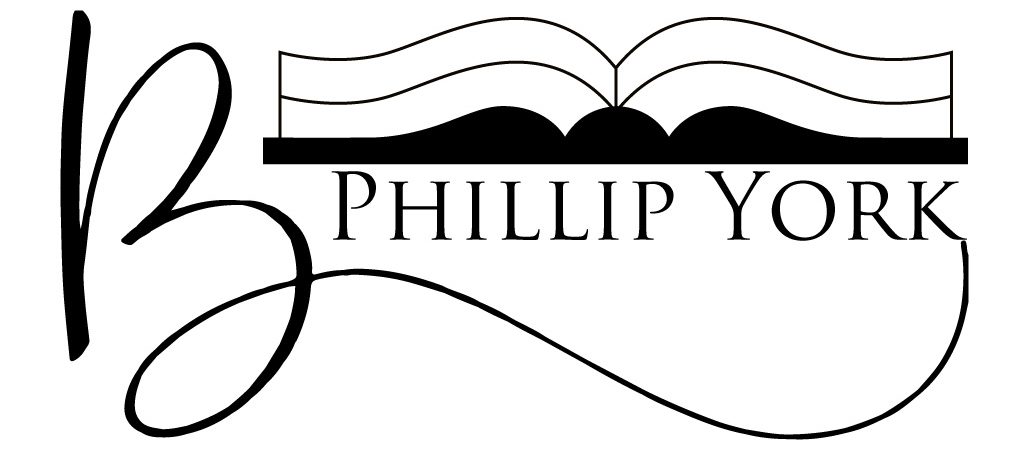Some people are stupid. They don’t have a good vocabulary. They don’t speak “proper” English.
But in writing, and other forms of media, cinema, and television, dialogue is snappy, it’s vivacious, people use withering comebacks and adroit insults, they quote scripture or famous plays or books and other characters know the quote.
People engage in far cleverer banter than you’re likely to experience in real life, and rarely do people non-deliberately or comically mishear or mispronounce, misspeak, or cough, sneeze, laugh inappropriately.
But if you want to portray a character who isn’t bright, or eloquent, or snappy, with a limited vocabulary, it seems like a particularly difficult task. If we think of the dialog as a vertical shift, all dialog gets a decent chunk better than real life, than someone who isn’t well-spoken would just speak normally right?
But that probably isn’t noticeable enough, and so characters that need to be shown as stupid have to be almost ludicrously inept at speaking, sputtering, and unable to get a word in edge-wise. In really poor writing this can become insufferable, as so many protagonists are author inserts, and the dialog and snappy comebacks aren’t that snappy but are rather just reflections of things a writer wished they said.
And of course, these dashing protagonists frequently silence their conversational lessers with their retorts or pithy sayings.
But in real life, they wouldn’t be, showing gradients of cleverness is difficult. Inevitably clever characters win every game or know every fact, can predict everything in their specialty. It’s enchanting to write about “the best in the world” but in most fields, perhaps all fields, there isn’t a best in the world. There’s world-class people, but there isn’t a “best translator” or a “best astrophysicist” and it’s a bit ridiculous to trumpet someone as the best in this or that.
Though of course, this encounters the difficulty and the need for needle threading – because of course, some person might refer to a translator as “the best in the world”. This kind of hyperbolic speech is common, especially in business and politics.
Ronald Quincy : I know the president’s chief scientific advisor, we were at MIT together. And, in a situation like this, you-you really don’t wanna take the advice from a man who got a C- in astrophysics. The president’s advisors are, um… wrong… and I’m right.
This kind of dialogue is kind of stupid. I mean really. Astrophysics isn’t about this kind of thing at all. And a person can get a terrible grade in a class and be quite an expert on it. And he’s “the smartest guy on the planet”? And one of the President’s advisor’s is just totally wrong about what a nuclear blast will do to an asteroid?
The sad part is, this kind of stupid-smart dialog is immensely popular. You just have to compare how much more successful Armageddon was as a commercial film, and how much of a greater cultural impact it had to see that people don’t want smart-smart dialogue, they want stupid-smart.
But I hope there’s such a thing as artistic integrity from time to time, and novels and other non-visual writing have more latitude to be smart-smart.
Depicting a lack of intelligence then is definitely a balancing act. If you make a character sound like a complete moron you’ve gone to far, but if you want to emphasize another character’s moderate or high but not extreme intelligence then it seems like deliberate mistakes, which can be called out, are the easiest ways to go.
Lack of grammatical construction, using words wrong, leaps of non-logic. And perhaps easiest, and most tellingly, other characters’ reactions to their thoughts and ideas. It’s almost easier to portray someone as stupid by having the other characters already know they are stupid and call it out, borderline “telling not showing” but necessary in this instance.

